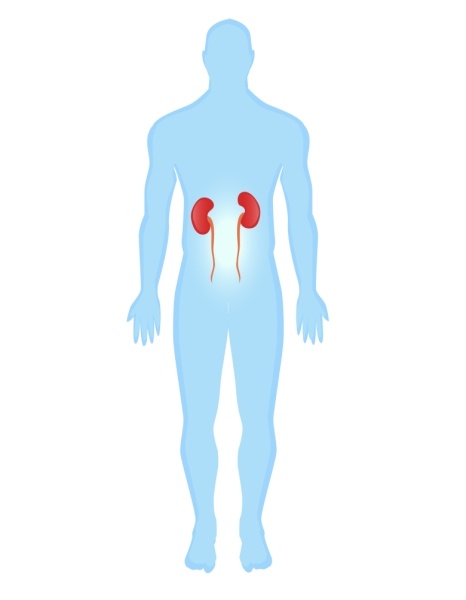Patients who suffer from a severe illness or undergo surgery often require a breathing tube, passed through the mouth, throat, and vocal cords, down into the windpipe. During the procedure the tube may bruise or otherwise damage your vocal cords, leading to temporary or permanent injuries. If you receive emergency intubation, you are at a particularly high risk for damage.













